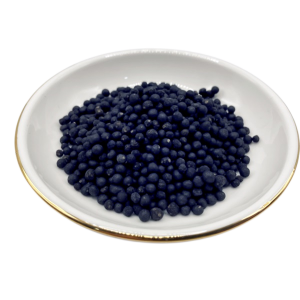Soil salinization is an urgent problem affecting agricultural production and sustainable development. To effectively prevent and control salinization, three key measures should be implemented:
1. Develop a reasonable fertilization strategy:
Decomposition of organic fertilizers: It is essential to ensure that organic fertilizers are fully decomposed before application. This prevents nutrients from being locked up and ensures they have a positive effect on soil health, maximizing their benefits.
2. Improve soil mechanical and physical properties:
Root Penetration: Well-structured soil allows roots to penetrate more easily and access water and nutrients. This is especially important in saline soils where roots may have difficulty growing due to compaction or high salt content.
3. Strengthen plant growth management:
Balanced Growth: Managing the balance between vegetative and reproductive growth is critical. Excessive foliage can lead to reduced fruiting and increased disease incidence. Techniques such as pruning, controlled fertilization, and crop rotation can help achieve this balance.
In conclusion:
By implementing these measures, can improve soil health, increase crop resilience, and promote sustainable agricultural practices.
For more information, please feel free to contact us:Info@g-teck.net
Post time: Jan-09-2025






